-
Your shopping cart is empty!
Menu
Automatic electric gates are becoming increasingly popular. 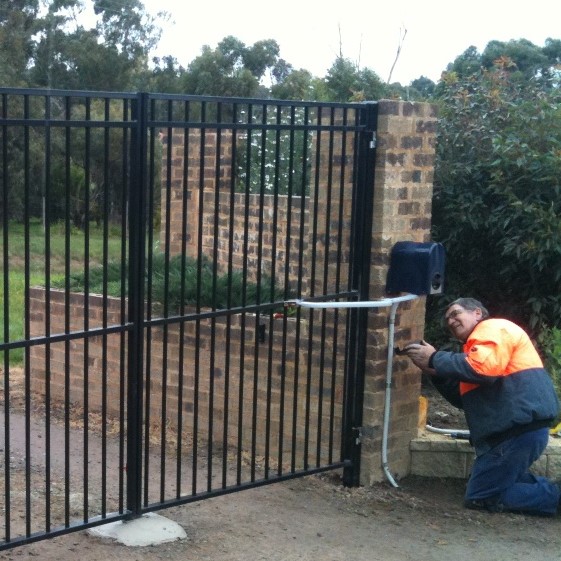
They are attractive, boosting your home’s kerb appeal while also enhancing its security.
They also help to protect children and pets by helping to prevent them from running into busy roads.
Some people also want to know if it is possible to install automated gates themselves.
There is a huge number of gate automation and access control kits, motors, intercoms, keypads and accessories available from a wide range of manufacturers.
Some are even promoted with simple installation and programming set-up as key features. There is no doubt that these are aimed at the sporadic electric gate installer and even the suitably experienced DIYer.
While it is not impossible for someone with knowledge of electrical installation, groundworks, bricklaying, carpentry, welding and even physical geometry to complete a successful DIY gate installation, there are a number of important points to consider before doing so.
When considering who can install electric gates, experience really does matter.
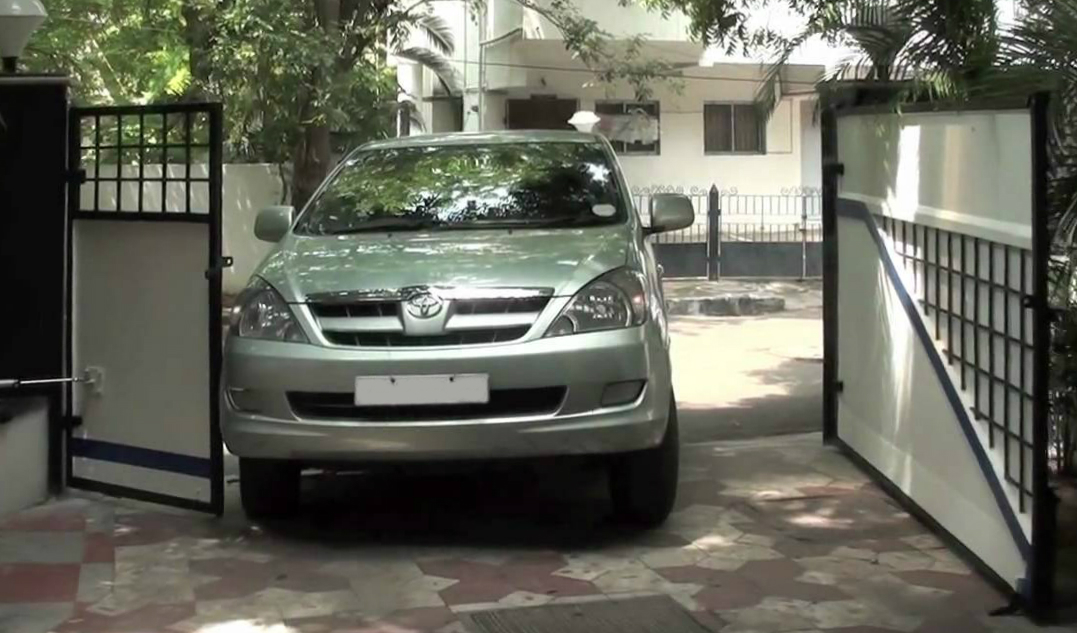
Gates that are incorrectly installed are not only dangerous, they can also be lethal.
The forces that move the entire length of a large, heavy swing gate are considerable, particularly at the hinge.
These forces can cause a moving gate to create potential risks from contact with it.
These risks include crushing, shearing, impact and other types of injury.
The amalgamation of gate automation components and the gates themselves creates a new, unique piece of machinery. This needs to be CE marked to provide evidence of the appropriate safety procedures carried out during the design and creation of the new machinery.
A qualified gate automation installer will understand how to employ the necessary safety measures to reduce the risk of injury to a minimum.
They will also be able to provide guidelines for all users of the gates to ensure unsafe practices are highlighted so they can be avoided.
An experienced installer will understand these issues more than the casual installer, or the skilled amateur.
The legislation that gate safety is based on is both complex and detailed.
As soon as a gate is automated it, in effect, becomes a machine and is then subject to the machinery directive.
Any gate that does not comply with safety regulations not only represents a hazard but could also result in the owner being prosecuted if it causes injury to people or damage to property.
This is why gate automation installation is best carried out by a professional.
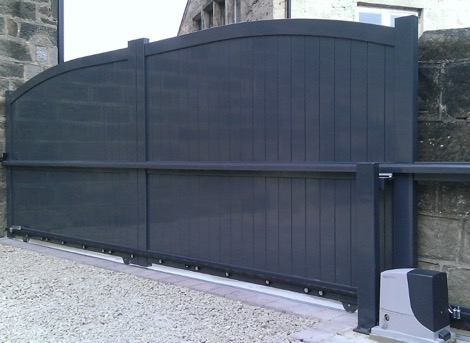
Gate installation requires a range of different skills, many of them complex and specialist.
A gate installer will need to be able to carry out a range of tasks with a variety of different materials, such as cutting and shaping wood or welding steel brackets to iron gates.
They also must understand how the motor applies its force; for example, sliding gates cannot be installed on slopes without gravity affecting the gates and possibly overloading the motors.
Underground motors for swing gates need to be sunk in pits with adequate drainage and positioned precisely as they form the lower gate hinges.
Sliding gates move on tracks laid across the driveway.
Brick pillars often have to be built and then backfilled with concrete or constructed around steel pillars to provide the required strength and support.
Gate motors are either 24Vdc or 230Vac, and require a suitable power supply and safe wiring into the control panel and all other electrical safety devices.
In short, the gate engineer has a wide range of construction skills not found in many other sectors.
For most property owners, it’s not a realistic possibility unless they already work in a related field and possess sound knowledge of relevant skills outside their specialty.
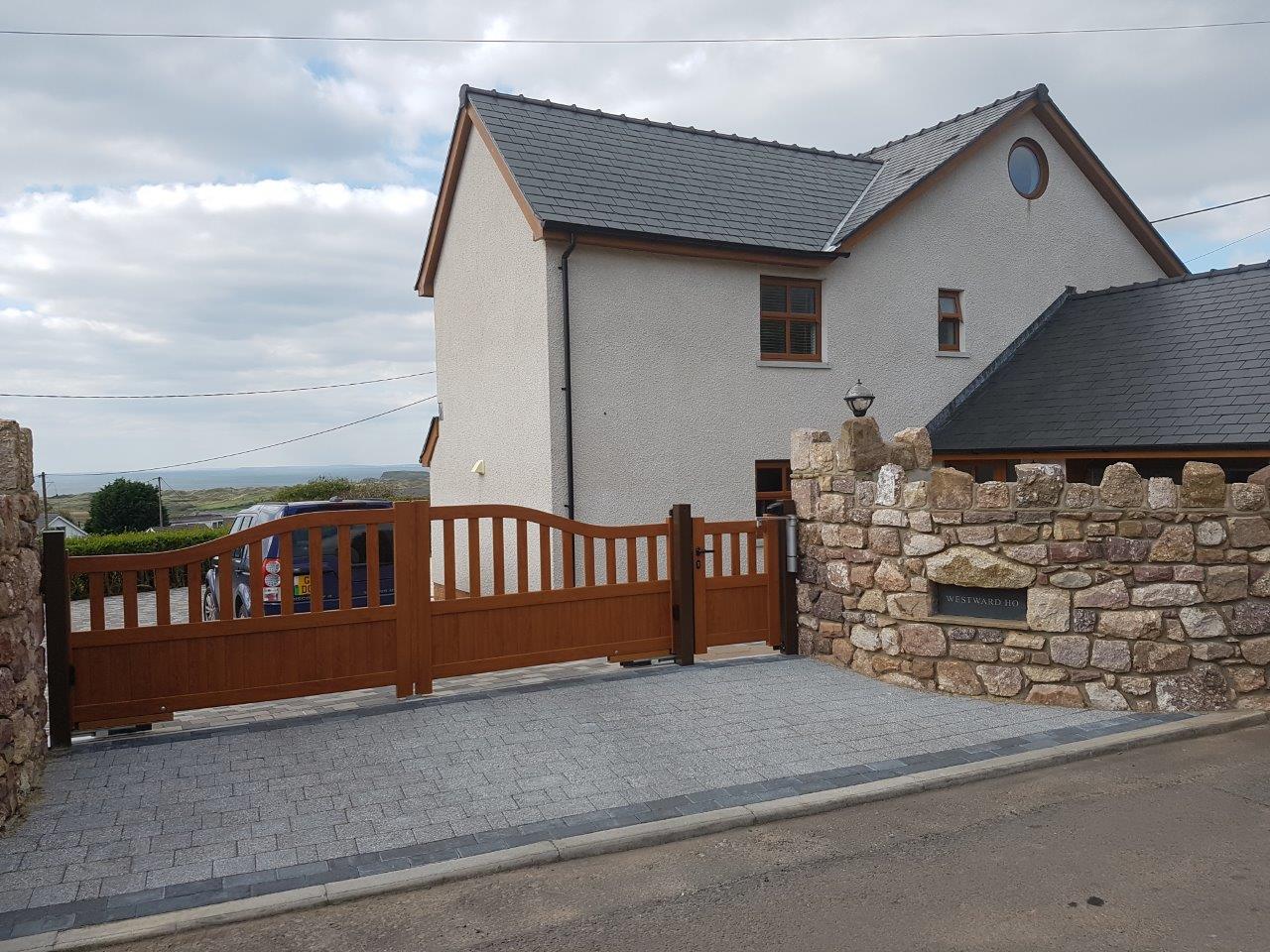
Gates are large and unwieldy, and are affected by wind - particularly if they are close boarded with solid leaves.
Iron and hardwood gates can also be very heavy.
In normal use, electric swing gates hang on hinges and move through the air. They do not come into contact with anything other than physical stops at the end of their travel.
Damage to wooden or aluminium gates and their finishes is possible during installation unless great care is taken by installers experienced in handling these often awkward and heavy items.
The typical installation manual lists a series of tasks in a specific order.
They very rarely detail the exact nuances of how each step should be carried out.
Without the experience of a qualified electric gate installer, installing a gate can take a long time.
Because this is a job that blocks the driveway access to the home for some time, delays are best avoided.
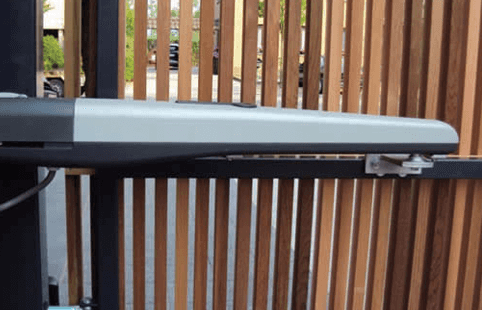
A qualified gate engineer will not only be able to design and install a safe gate automation system for you.
They will also be able to suggest the most suitable configuration for your unique set of requirements.
No location and usage requirements are exactly the same and different options for sliding or swing gates, as well as the various swing gate motors available, are best decided during consultation between the homeowner and a professional installer.
A qualified gate automation installer will be able to guarantee their work and provide future maintenance and emergency call out support.
This gives you extra peace of mind that someone is on hand to repair and maintain your gates in the future.
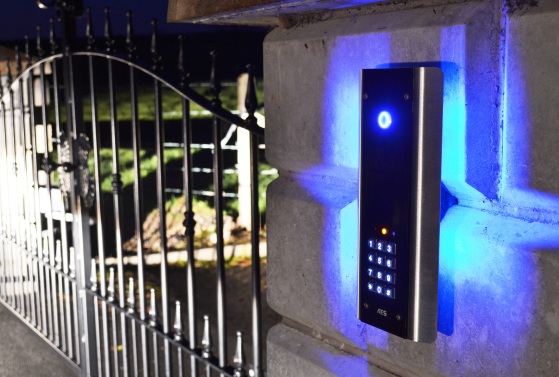
A qualified gate automation installer will know how to accommodate your entry and exit requirements on foot and in vehicles with minimum hassle.
They can recommend how best to deal with visitors and what communication technology will be suited to your access control needs.
It is possible to be on the other side of the world from your gates and still be able to control them with a wireless GSM system, a smartphone or tablet and a mobile signal.
However, you may just need a buzzer and a gate release button.
Qualified gate automation installers will also know to include manual release systems so you can open your gates in the event of power cut.
A qualified gate automation engineer is a specialist in a field that is best left to the experts, so it’s important to find a good one.
If you have any questions regarding a proposed installation at your home or you would like to find a gate installer local to you, call Linkcare on 01895 232 626.
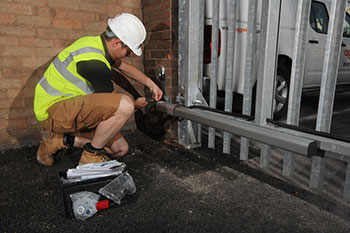
18 Comment(s)
Excellent post, all the tips is worth of sharing. Lot of information about automatic gates.
Hello, I would like to ask if there is a controller built into the gate automation that allows to control the gate with a short call or via an app? Who manufactures this controller? Why did you decide to use this controller over other systems? - It's the easiest platform to use. - It's the most popular brand. - It has a broad selection of functions to choose from. - You wanted to use a budget- friendly solution. - Other Regards, Zivile
Hi, I understand you are wanting to sell us your products. We already have a wide range of devices to control a gate from a smartphone. Genuine customers are welcome to call us to discuss the best options
They will also be able to suggest the most suitable configuration for your unique set of requirements.
A large, heavy swing gate is subjected to significant forces along its entire length, especially at the hinge.
There is no doubt that these are aimed at the sporadic electric gate installer and even the suitably experienced DIYer.
It's best to hire a professional to ensure your safety.
A qualified gate automation installer will know how to accommodate your entry and exit requirements on foot and in vehicles with minimum hassle.
Automatic gates are pretty popular these days!
While it is not impossible for someone with knowledge of electrical installation
Automatic gates are real game changers. It is very modern and smart as well.
This gives you further assurance that someone will be available to maintain and repair your gates in the future.
I believe it is. To ensure your safety, it is best to hire a professional.
I must admit, installing automatic gates is very challenging and i need help from the professional.
I really want this in my house.
That's a great idea.
I wish i could have one of these automatic gates in the future.
It’s appropriate time to make some plans for the future and it is time to be happy. I have read this post and if I could I wish to suggest you few interesting things or advice. Perhaps you could write next articles referring to this article. I desire to read even more things about it!
In most cases yes, automation can be added to most existing gates. If your gates have hinges that face each other it is a straight forward job. If your gates have hinges that are not facing each other then you can easily have additional brackets or other metalwork fitted.
Fantastic! I really appreciate the whole statement. Thanks for this!
Leave a Comment